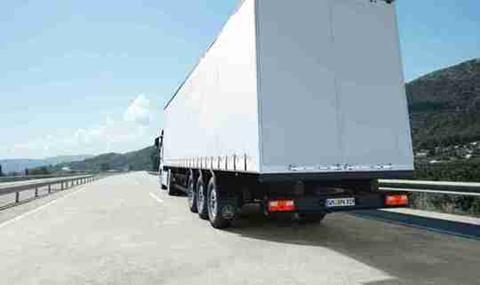Trailers are the next target of EU emissions restrictions according to proposal released by the European Commission, with new CO2 emission levels expected to go into effect for the first time in 2024. When compared to the 2019 and 2020 reference periods, CO2 emissions are predicted to reduce by 15% through 2025 and by up to 30% by 2030.
All one- to three-axle semi-trailers, as well as central axle and turntable trailers, will need to be certified. Manufacturers who fail to satisfy fleet consumption targets will face penalties. It is unclear whether the UK will adopt these, and the new Euro-7 vehicle proposals announced in early November. According to the Department for Transport head of decarbonisation strategy, Bob Moran, the UK doesn’t currently have the legal powers in place to introduce such changes.

The CO2 emissions of trailers are calculated using software designed specifically for this purpose and a simulation programme of VECTO (Vehicle Energy Consumption Calculation Tool) for trailers. It computes the various useable loads and dimensions, but it also considers other additional variables, such as decreased fuel consumption of up to 4.5 percent through the employment of lifting and steering axles, depending on the driving cycle. The usage of lightweight running equipment is also encouraged.
Speaking about the new targets, Bernd Rhein, application engineering manager at axle manufacturer BPW said: “There are still a few unanswered questions before the final design of the certification. More consideration of the benefits of transport would be desirable. A high-volume transporter that makes maximum use of the legally permitted dimensions, for example, might get a worse rating than a standard vehicle according to the current plan. Longer vehicle combinations and drawbar trailers with more than three axles are also lacking. A little more fine-tuning is needed to realistically reflect the economic factors and climate-friendliness of these vehicles. In principle, we are headed in the right direction. The regulation is a great advantage for innovative vehicle manufacturers and their system partners. It creates more transparency and comparability, where previously the sales price was the main focus. The new trailer certification will be a win-win situation for our environment and for vehicle operators.”













